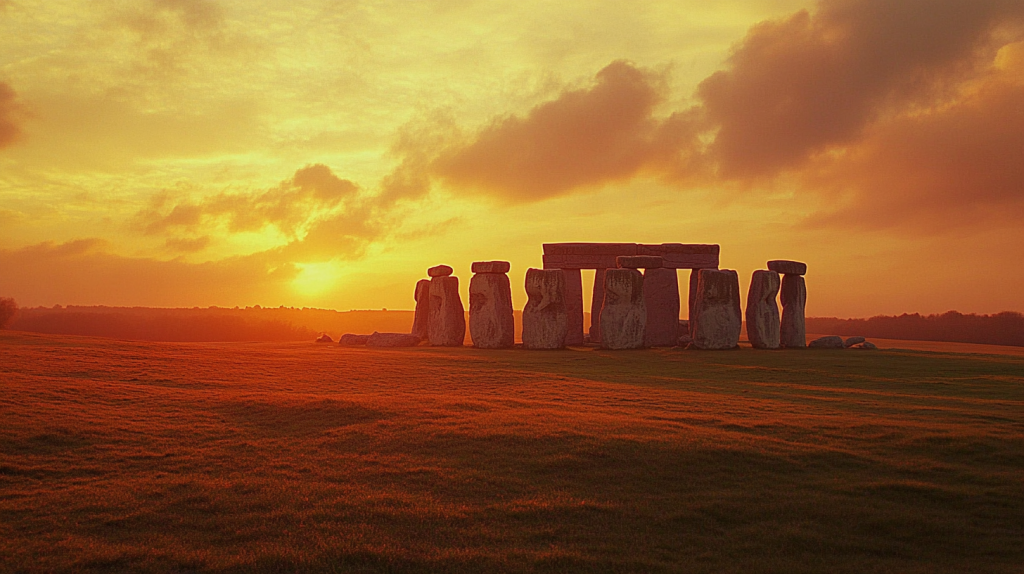Stonehenge is one of the most mysterious and iconic landmarks in the world. While much has been discovered about this ancient stone circle, there are still many aspects that puzzle archaeologists and historians. Here are 18 things we still don’t understand about Stonehenge.
1. The Purpose of Stonehenge
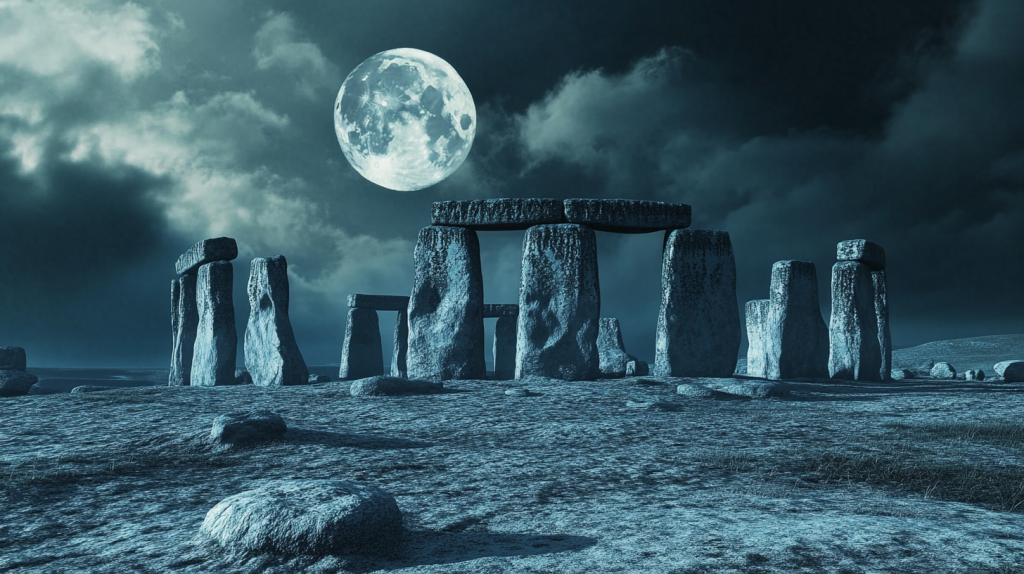
The true purpose of Stonehenge remains unknown. Some theories suggest it was a ceremonial site, a burial ground, or an astronomical calendar. Despite numerous studies, the real reason for its construction is still a mystery.
2. How the Stones Were Transported
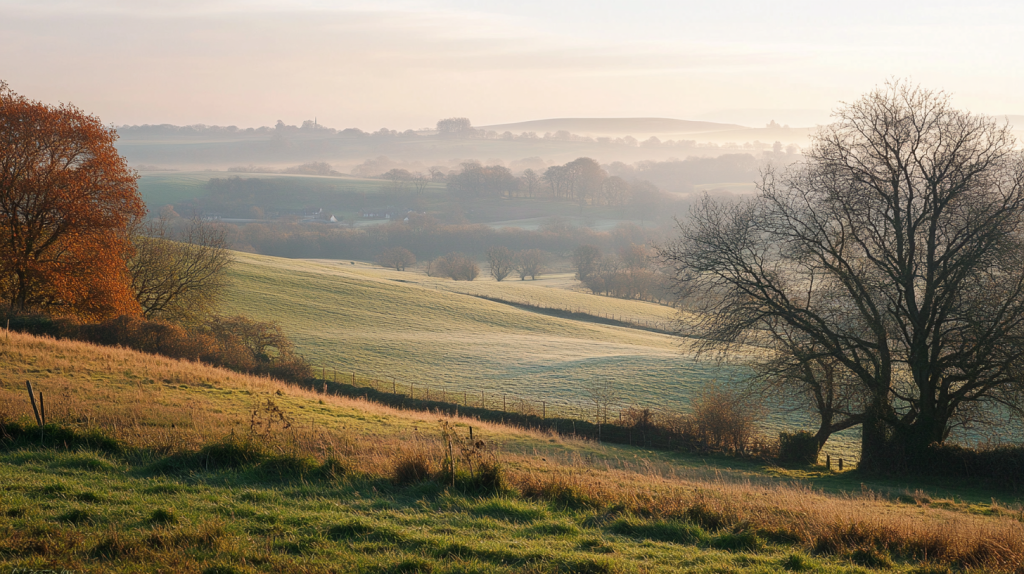
The massive stones used in Stonehenge’s construction came from quarries far away, some over 150 miles. How these prehistoric people transported such large stones without modern technology is still not fully understood.
3. The Construction Techniques
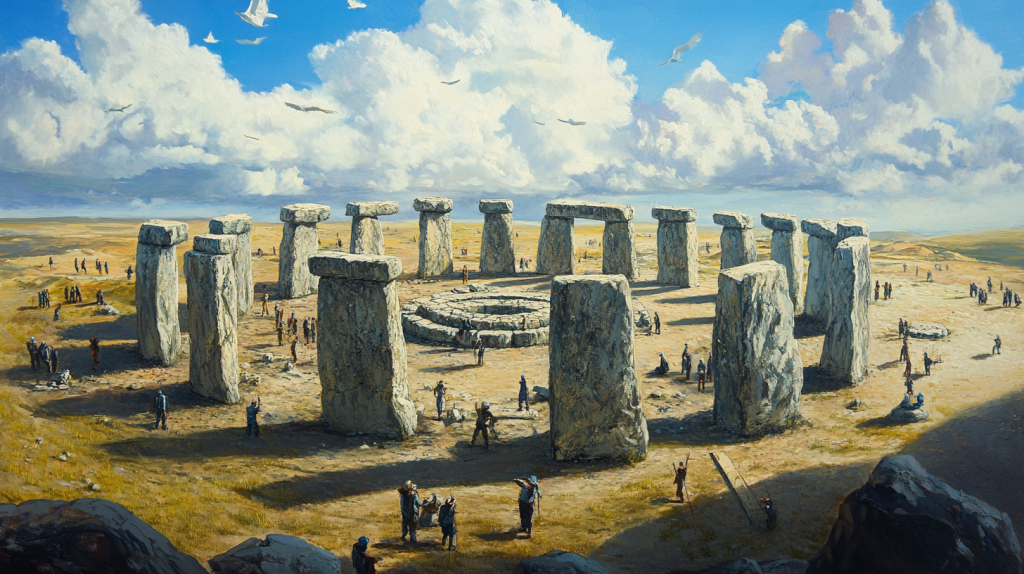
The methods used to construct Stonehenge are still a subject of debate. The precision with which the stones are aligned and the complex jointing techniques used suggest advanced engineering skills that are not fully explained by the tools available at the time.
4. The Alignment with Celestial Bodies
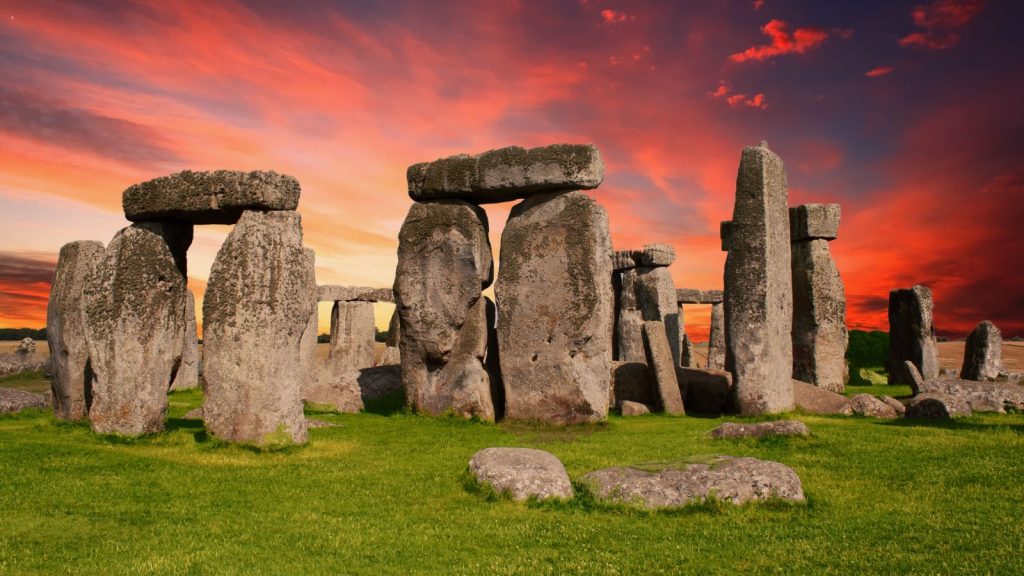
Stonehenge is famously aligned with the solstices, but the exact reason for this alignment is unclear. Was it used as an astronomical observatory, a calendar, or for religious purposes? The precise meaning of these alignments is still debated.
5. The People Who Built It
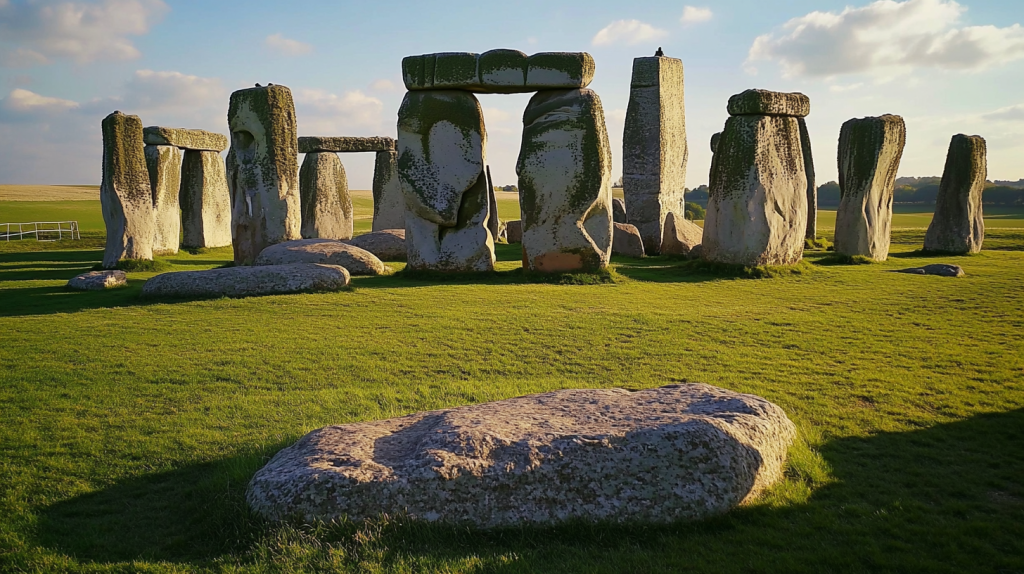
We know very little about the people who built Stonehenge. There are no written records, and the culture and society of these ancient builders remain largely unknown. Understanding who they were might provide clues to why Stonehenge was built.
6. The Purpose of the Surrounding Structures
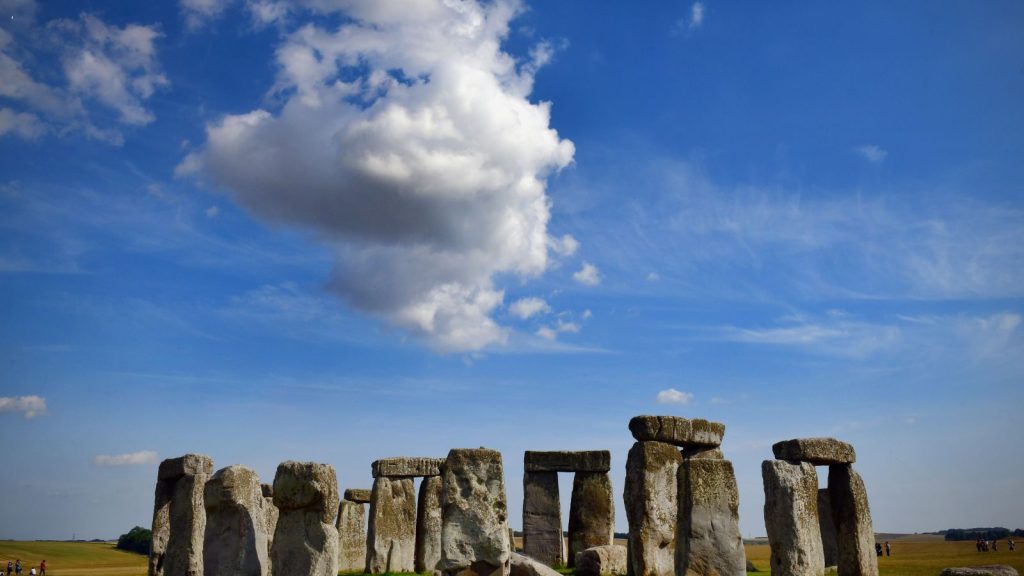
Stonehenge is surrounded by other ancient structures, such as burial mounds and smaller stone circles. The relationship between Stonehenge and these surrounding features is not fully understood, adding another layer of mystery to the site.
7. The Role of the Aubrey Holes
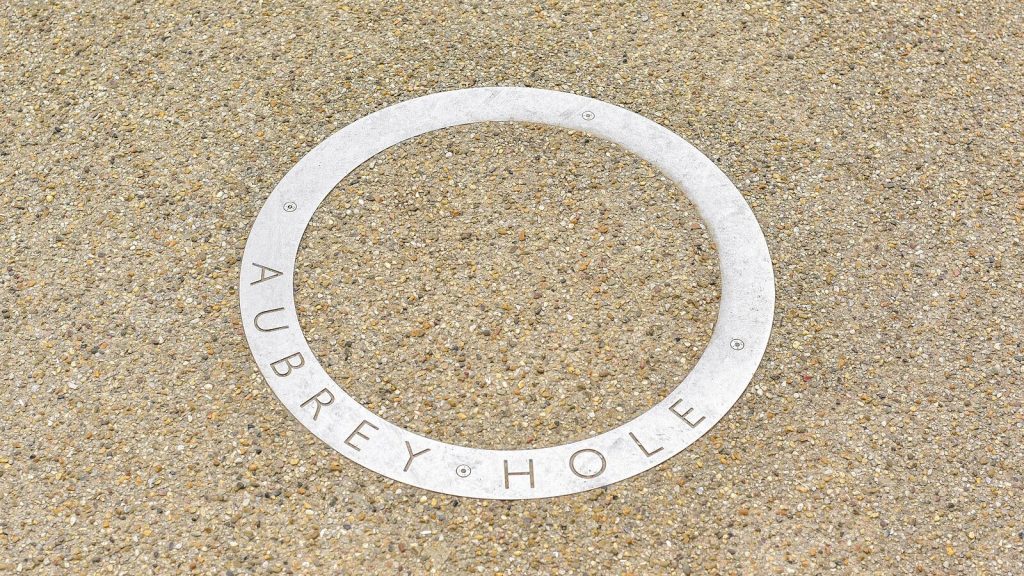
The Aubrey Holes are a ring of pits surrounding Stonehenge, named after the 17th-century antiquarian John Aubrey. Their purpose is unknown. Some believe they held wooden posts or stones, while others suggest they were used for ceremonial purposes.
8. The Significance of the Bluestones
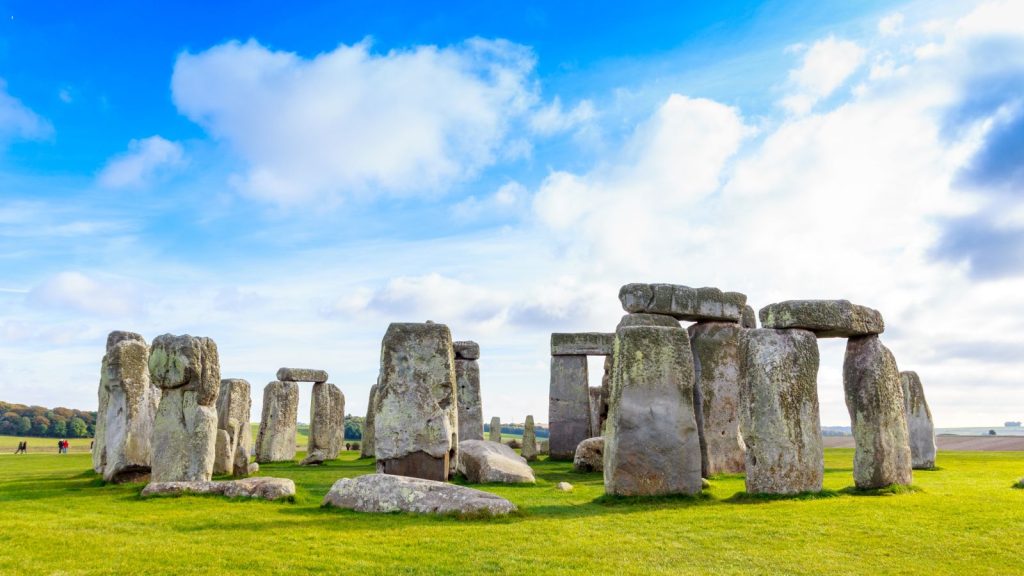
The smaller bluestones used in Stonehenge were transported from Wales, over 150 miles away. Why these particular stones were chosen and what significance they held for the builders is still a mystery.
9. The Reason for Multiple Phases of Construction
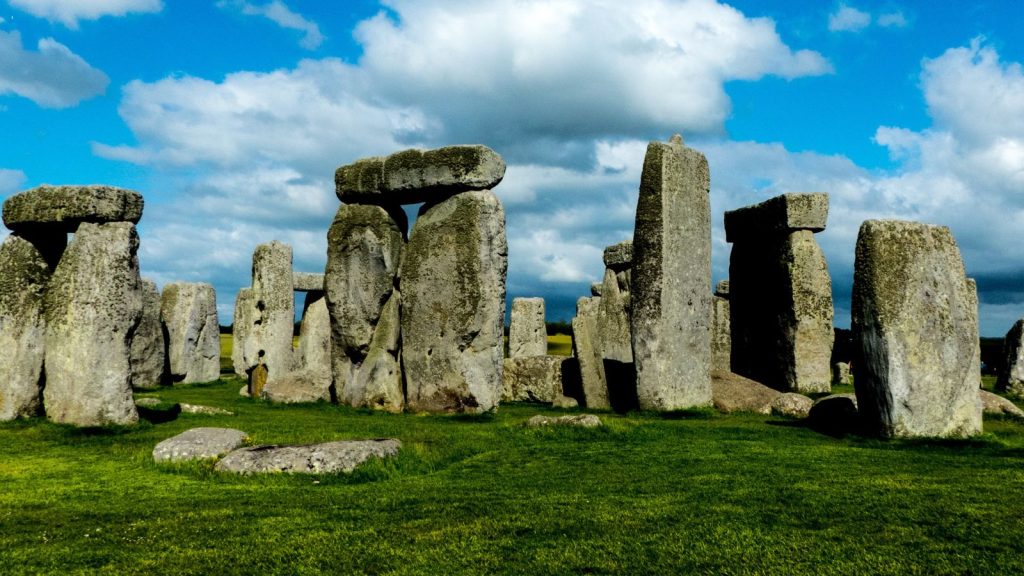
Stonehenge was built in several stages over many centuries. Why the site was developed in such a complex and prolonged manner is not fully understood. Each phase of construction may have had different purposes or cultural significance.
10. The Connection to Druid Practices
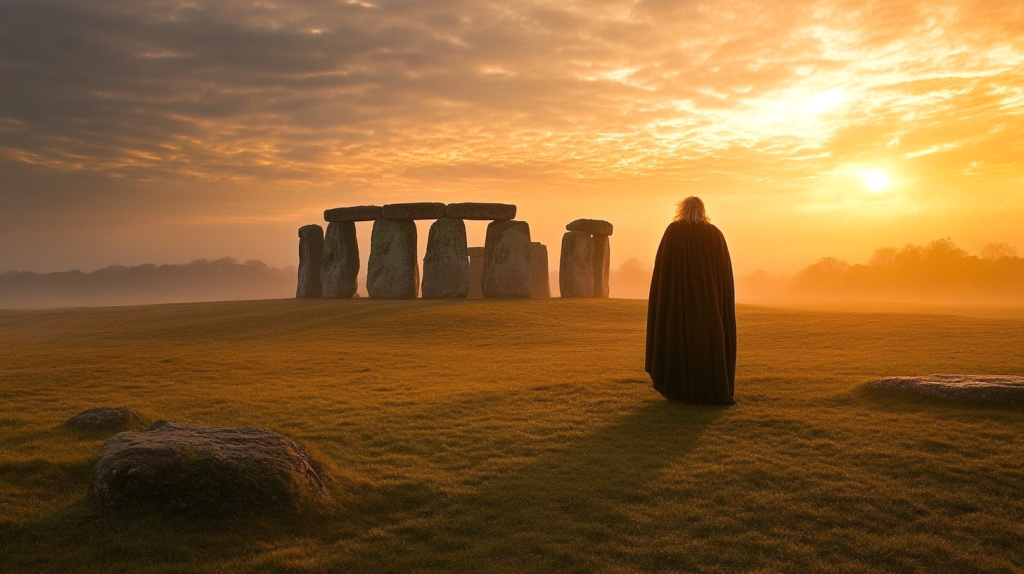
Some believe Stonehenge was a site of Druid worship, but this theory is debated. The connection between Stonehenge and Druid practices, if any, remains unclear due to the lack of concrete evidence linking the two.
11. The Purpose of the Heel Stone
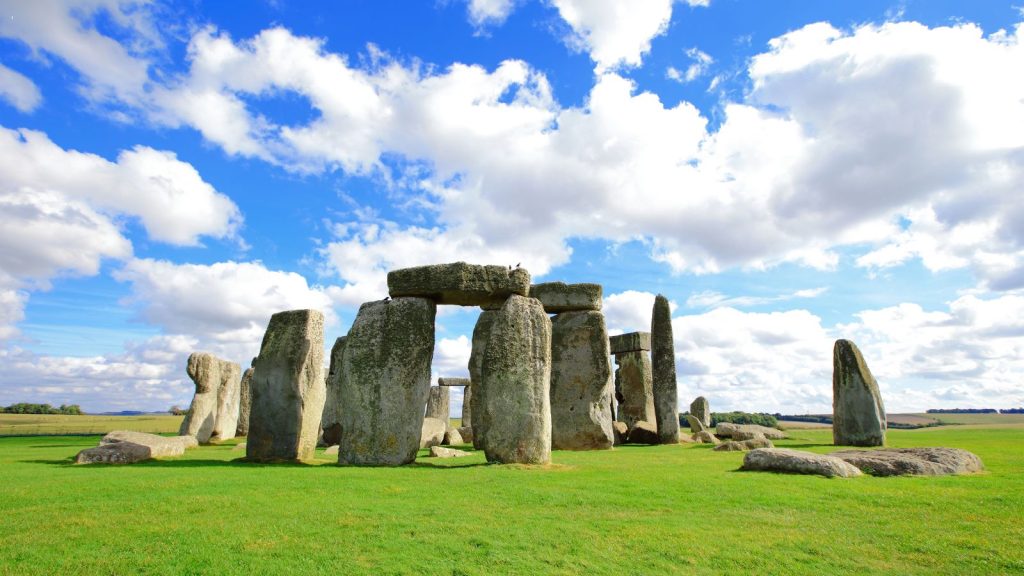
The Heel Stone stands alone outside the main stone circle and aligns with the sunrise on the summer solstice. Its exact purpose and significance are not known, but it clearly played an important role in the site’s design.
12. The Meaning of the Cursus
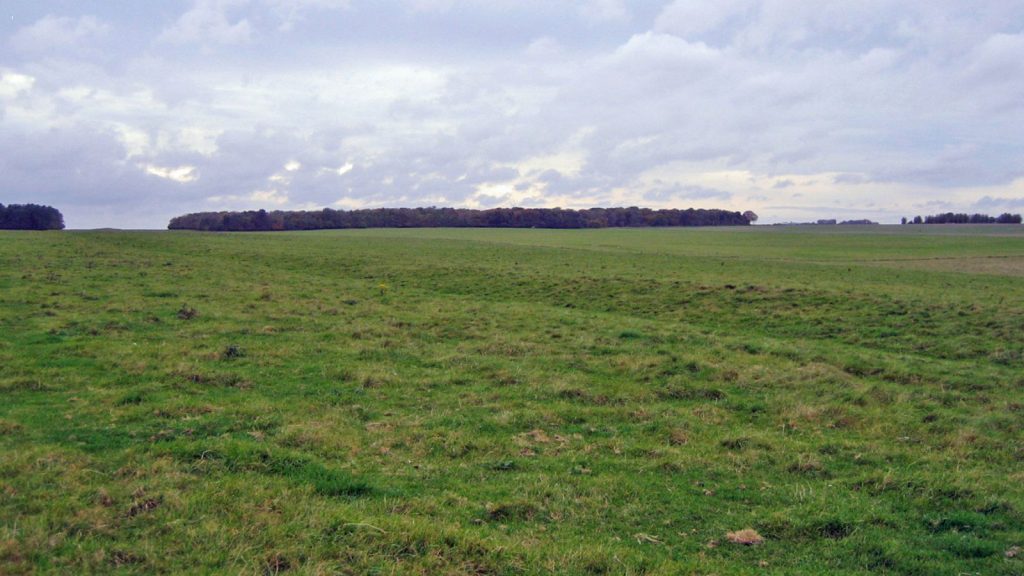
The Stonehenge Cursus is a large, ancient earthwork located near the stone circle. Its purpose is unknown, but it predates Stonehenge and may have been used for ceremonial or processional purposes, adding to the site’s enigmatic nature.
13. The Function of the Avenue
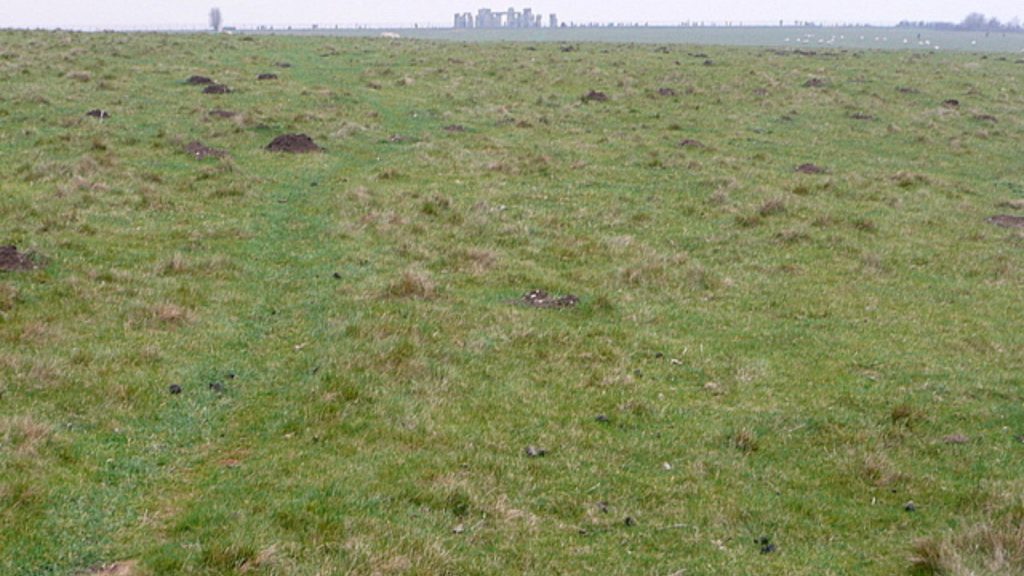
The Avenue is a long, straight path leading to Stonehenge from the River Avon. Its exact purpose is unclear, but it is thought to have been a processional route, possibly used during ceremonies or rituals.
14. The Role of Sound at Stonehenge
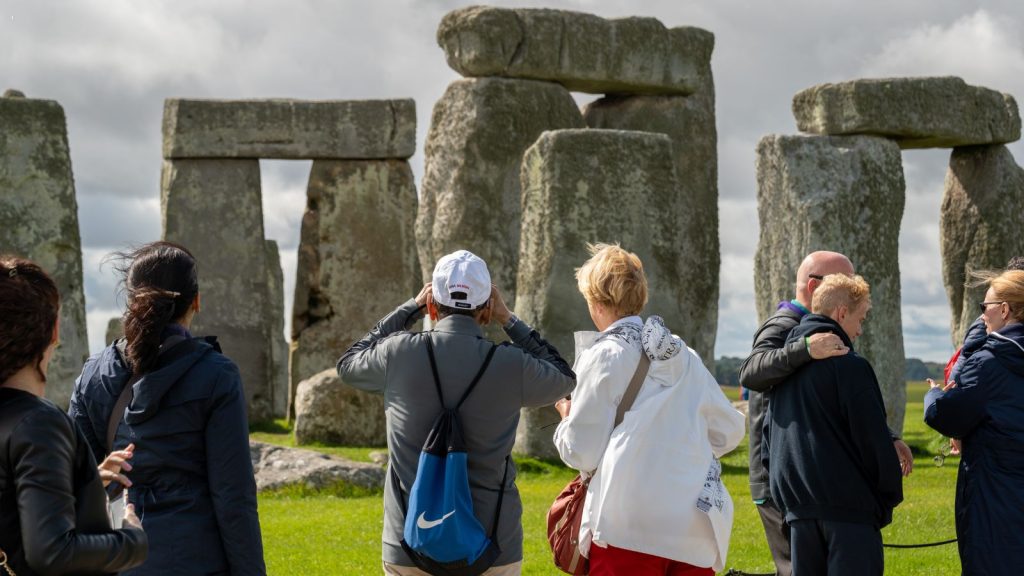
Some researchers believe that the acoustic properties of Stonehenge were important to its purpose. The way sound reverberates within the stone circle suggests it may have been used for musical or ritualistic purposes, though this theory is still speculative.
15. The Cultural Significance of the Site
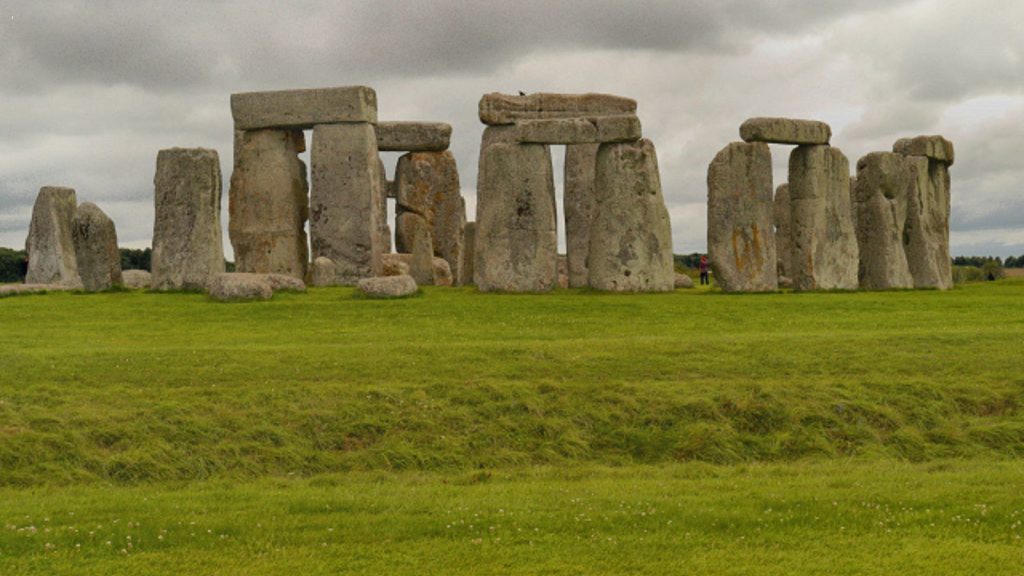
The cultural and societal significance of Stonehenge to the people who built it is not fully understood. It was clearly an important site, but the exact role it played in their lives and beliefs remains a mystery.
16. The Reason for Stonehenge’s Abandonment
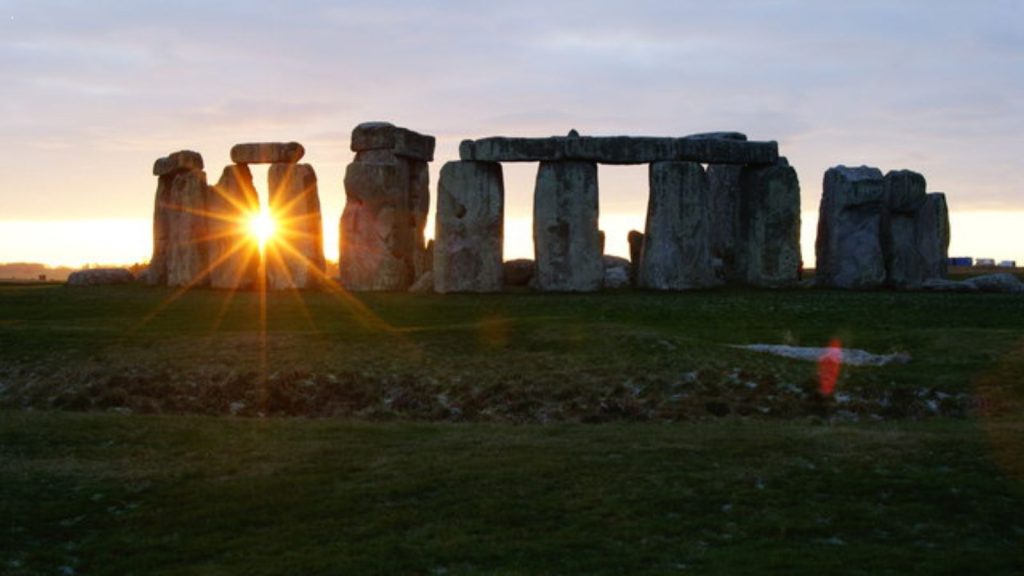
At some point, Stonehenge fell into disuse and was abandoned. The reasons for this abandonment are not clear. Changes in climate, society, or religious practices might have played a role, but there is no definitive answer.
17. The Influence of Stonehenge on Later Cultures
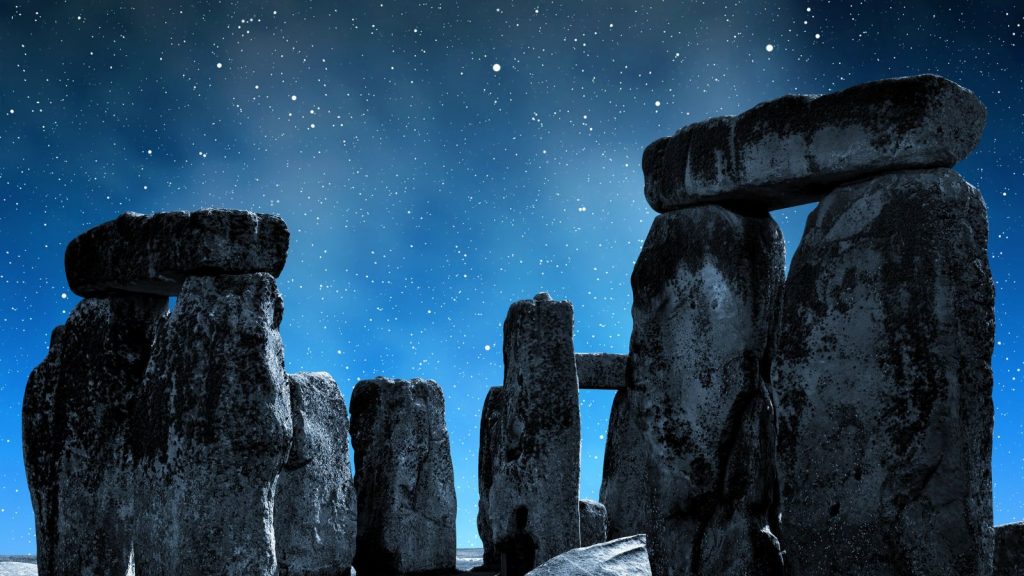
The influence of Stonehenge on later cultures and civilizations is not well-documented. While it is clear that the site held significance for many generations, how it impacted later societies and their structures is still not fully understood.
18. The Full Extent of the Stonehenge Landscape
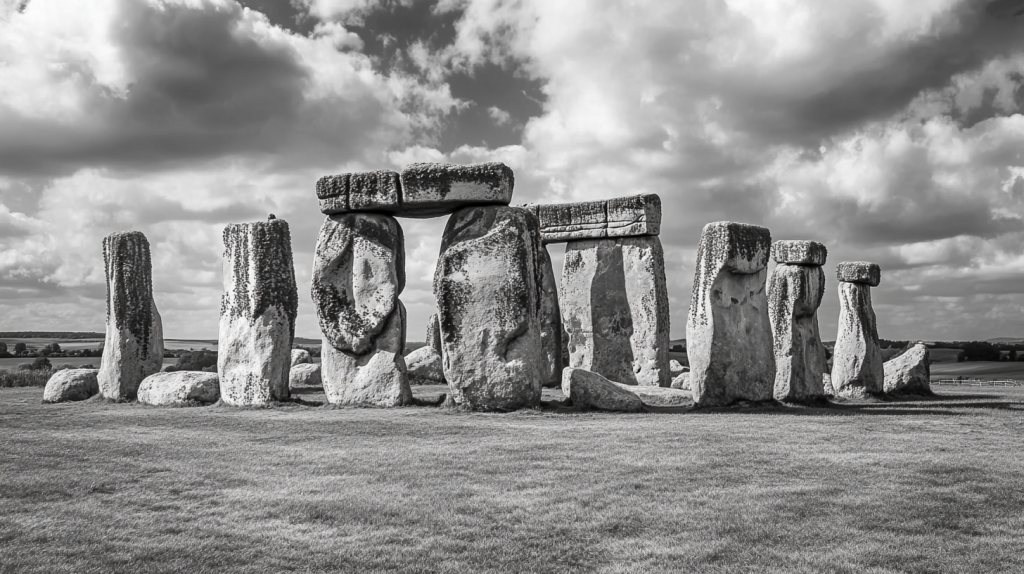
Recent discoveries suggest that Stonehenge is part of a much larger complex of monuments and structures. The full extent of this landscape and how Stonehenge fits into it is still being researched, with many questions yet to be answered.
Stonehenge continues to fascinate and puzzle us, holding its secrets tightly. Each new discovery brings us a little closer to understanding this ancient marvel, yet many questions remain, keeping the mystery alive for future generations.
24 Incredible Facts About Everything Around You That You Didn’t Know

Curiosity about the world drives us to discover amazing facts about everyday things. Whether it’s the smallest mammal, an astronaut’s origin, or surprising trivia about galaxies, there’s always something new to learn. Why not take a moment to enrich your mind with some fascinating nuggets of knowledge?
We love learning random, interesting snippets that add to our understanding of the world. From biology to space and everything in between, a wide range of topics can spark your curiosity.
Read More: 24 Incredible Facts About Everything Around You That You Didn’t Know
18 Everyday Things Amish Women Aren’t Allowed to Do

The Amish culture is known for its simple way of life and adherence to traditional values. While this lifestyle may seem appealing to some, there are certain restrictions that Amish women face that most modern women do not. Take a look at these things that we take for granted that are off-limits to Amish women.
Read More: 18 Everyday Things Amish Women Aren’t Allowed to Do
These 23 Titanic Facts That Will Make You See the Tragedy in a New Light

The Titanic, perhaps the most legendary ship ever, was a masterpiece of early 20th-century engineering, funded by American tycoon J.P. Morgan and constructed at the Harland and Wolff Shipyard. Thanks to the movie and other works of popular fiction, any people think they know everything there is to know about the Titanic, but they’re wrong.
Read More: These 23 Titanic Facts That Will Make You See the Tragedy in a New Light
Ellen has been obsessed with logic puzzles, jigsaws, and cryptograms since she was a kid. After learning she was taught how to play chess wrong by a family friend (so they could win), she joined her school chess club and the rest is history.
